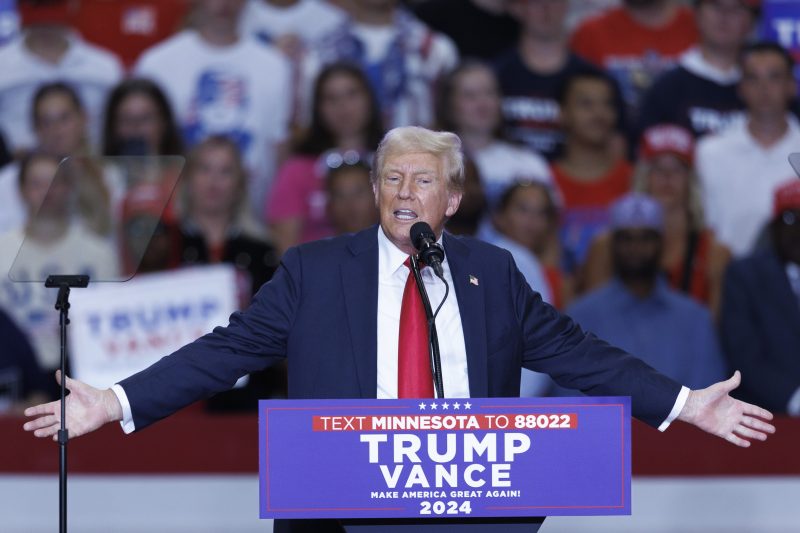The recent comments made by former President Donald Trump suggesting that Vice President Kamala Harris would struggle with world leaders based on her appearance have sparked a debate regarding the role of gender and bias in politics. While it is not uncommon for public figures to comment on the appearance of female politicians, the implications of such remarks go beyond mere criticism and touch upon deeper issues of sexism and discrimination.
It is worth noting that Vice President Harris, as a woman of color, faces unique challenges in a political landscape traditionally dominated by white men. The intersection of gender and race compounds the biases and stereotypes that she must navigate in her role as a leader on the world stage. By reducing her abilities to her appearance, Trump’s comments not only undermine her credibility but also perpetuate harmful stereotypes that limit the opportunities available to women in positions of power.
Moreover, the suggestion that Harris would struggle with world leaders based on her appearance is not only sexist but also reductive. It implies that competence in diplomacy and leadership is contingent upon physical attributes rather than knowledge, experience, and skill. Such a notion not only diminishes the hard work and qualifications of Vice President Harris but also reinforces the idea that women are judged more on their looks than on their abilities.
In a political climate already fraught with polarization and division, comments like those made by Trump only serve to further fuel the flames of gender bias and discrimination. It is essential that we recognize and challenge such attitudes in order to create a more inclusive and equitable society where individuals are judged based on their merit and contributions rather than on superficial characteristics.
As we continue to navigate the complexities of politics and leadership, it is important to remember that diversity and representation matter. When we undermine the credibility and capabilities of individuals based on their appearance, we not only do them a disservice but also perpetuate harmful stereotypes that hold us all back. It is time to move beyond outdated notions of what a leader should look like and instead focus on the qualities and values that truly matter in effective governance.


































